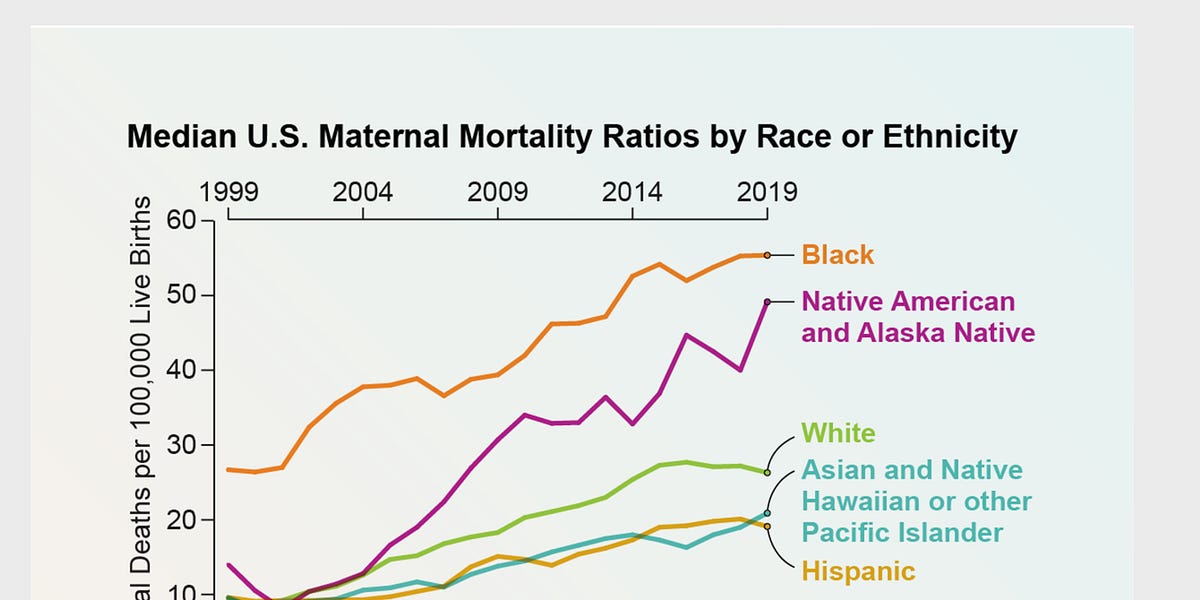


The Solano Commission for Women and Girls and the Friends of the Commission for Women and Girls have announced the upcoming third annual Birth Justice Solano event. This initiative aims to raise awareness of the disparities in healthy birth outcomes for women of color in Solano County. Alarmingly, Black women in Solano County face maternal mortality rates that are more than three times higher than those of their white counterparts. This project is funded in part by a grant from the California Commission on the Status of Women.
Scheduled for Sunday, February 20, 2024, from 10 a.m. to 3 p.m. at Lander Hall in Vallejo, California, the Birth Justice Solano event will focus on addressing these critical maternal health disparities. It will bring together birthing specialists, young and expecting mothers, families, and the community to share birthing stories and resources, emphasizing the need for equitable and respectful care for all birthing individuals. Registration for the event is available through the Solano Commission for Women and Girls website.
In conjunction with these efforts, a panel discussion titled 'Visioning Reproductive Justice for Black Birthing People' was held on April 18, 2024. Moderated by Prof. Khiara Bridges, the panel featured leading birth workers and providers discussing strategies to tackle the Black maternal health crisis in California and the vital role of lawyers in the birth justice movement. This panel was part of Black Maternal Health Week, a campaign founded by the Black Mamas Matter Alliance to raise awareness and amplify the voices of Black Mamas and birthing people. The event was organized by the Center on Reproductive Rights and Justice at Berkeley Law [72ddb7a9].
The broader context of health disparities affecting racial and ethnic minorities is underscored by a recent analysis highlighting the ongoing challenges faced by African Americans and Latinos, particularly regarding health issues like HIV-AIDS. The National Center on Minority Health and Health Disparities was established in 2000 to address these issues, yet significant disparities persist. For instance, the death rate from diabetes is 40.5 per 100,000 for Blacks compared to 19.9 for whites. The economic impact of health disparities was estimated at $82.2 billion in 2009, with $54.9 million attributed to the Black community. This analysis emphasizes the need for a return to holistic health practices and the crucial role of healthcare professionals, particularly Black nurses, in combating health inequalities [6be5bd11].
In a poignant case, Harmony Ball-Stribling, a Black woman in the United States, tragically died from complications of pre-eclampsia exacerbated by social and economic factors. Living in a rural area with limited access to obstetricians or hospitals, her death highlights the systemic issues contributing to maternal mortality. Pregnant women of color in the US die at nearly three times the rate of their white counterparts. Social determinants of health, including living conditions and access to healthcare, significantly influence these rates. Mississippi, where Harmony resided, has the worst maternal and infant mortality rates in the country, compounded by the state's failure to expand Medicaid, which has led to a lack of health services in rural areas. According to the Mississippi Mortality Review Committee, Harmony's death was preventable. Her husband, Byron Stribling, and her mother, Shenelle Ball, have since been advocating for improved health services in rural areas and better support for pregnant women of color [8516e640].
Recent data indicates that the maternal mortality crisis in the United States is worsening, with Black women facing rates that are 40-50 times higher than those in countries like Switzerland. The Centers for Disease Control and Prevention (CDC) reports that maternal mortality in the US has doubled, contrasting sharply with trends in other advanced economies. Alarmingly, two-thirds of maternal deaths occur postpartum, and the US lacks statutory maternity leave, which exacerbates the issue. Some scholars argue that the mortality rates may be overstated, suggesting a more accurate figure closer to 10 per 100,000 live births. Nonetheless, the disparities in maternal mortality along racial lines highlight systemic issues within the healthcare system, which shows signs of malfunction despite high spending [aa2c77b3].